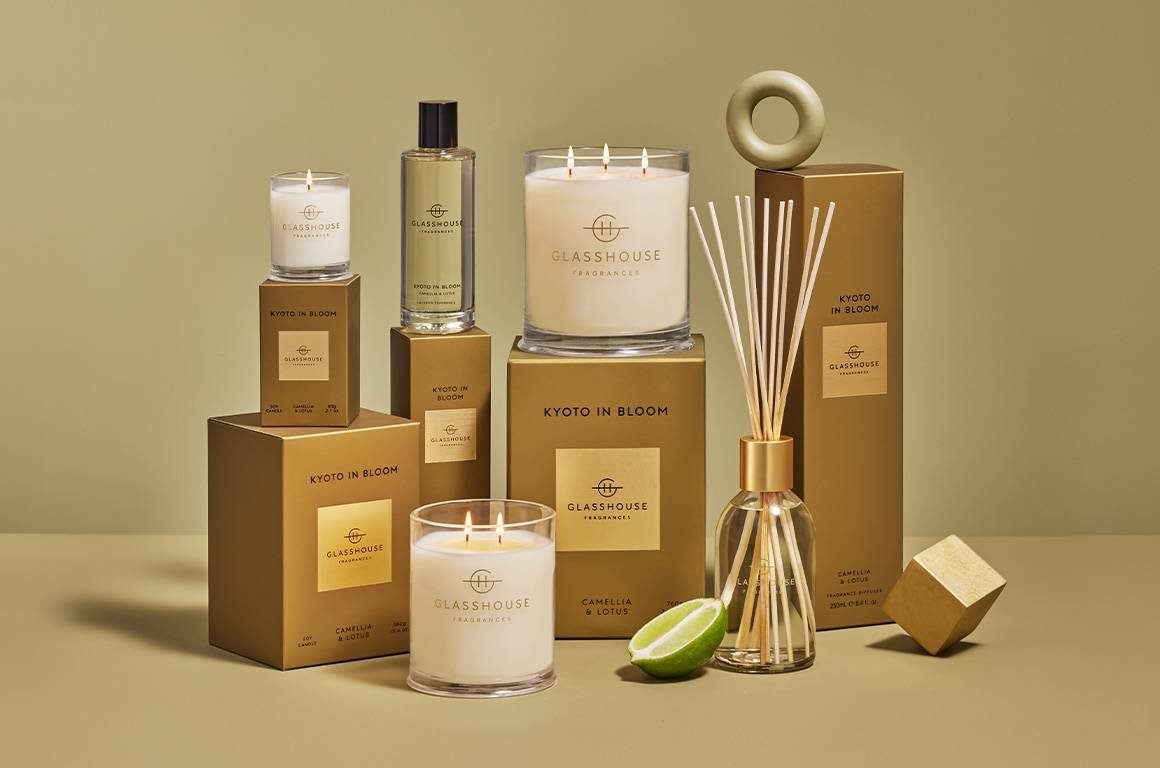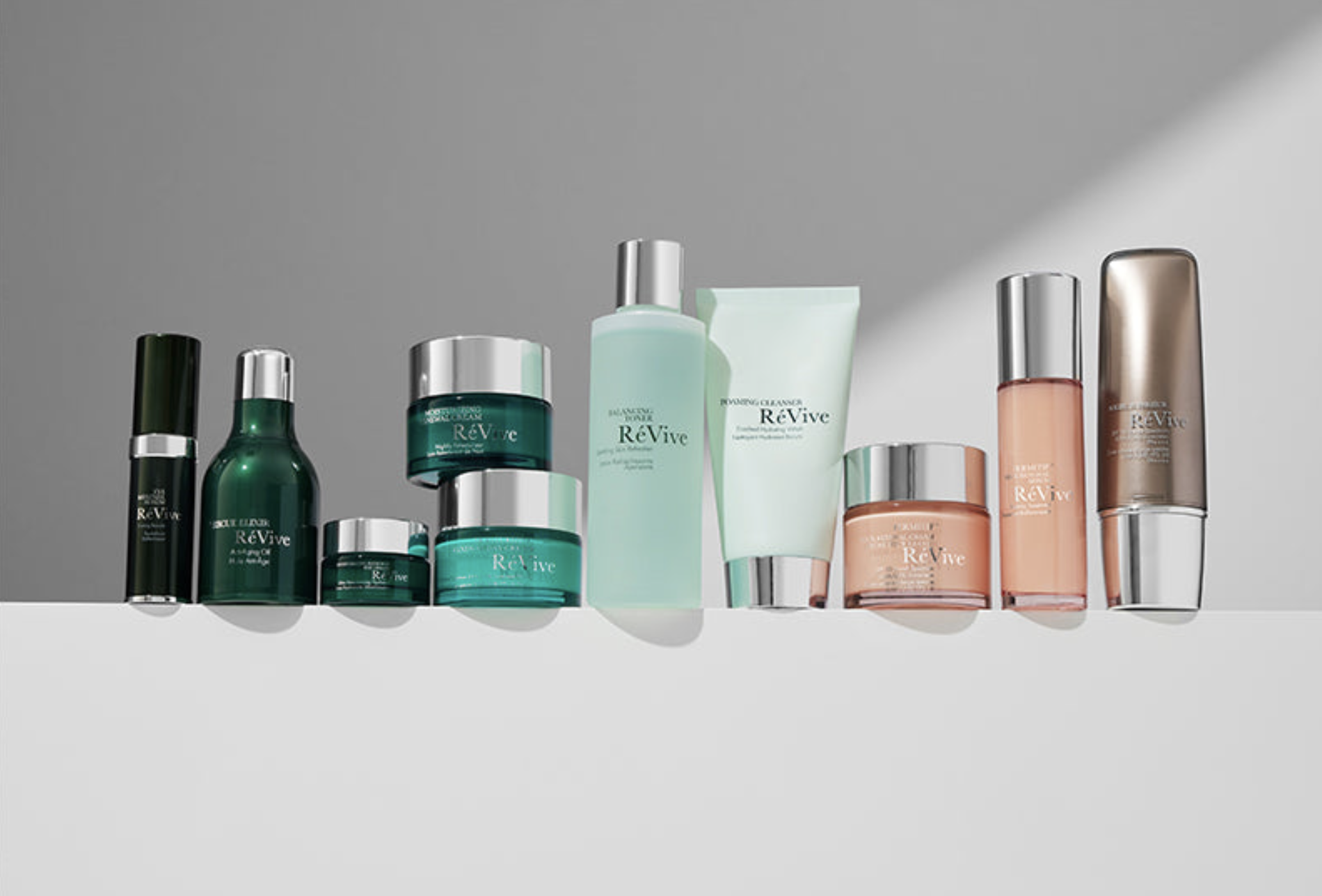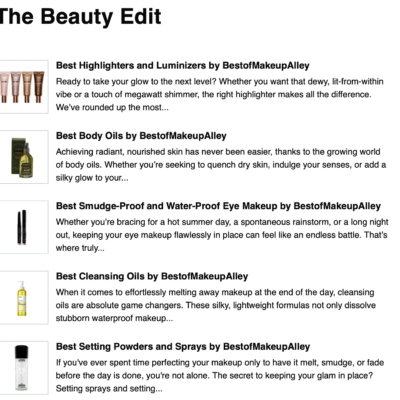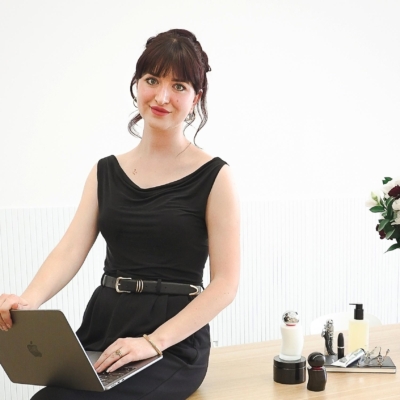
What Hiring In The Beauty Industry Looks Like Today
Flexibility is the name of the game in post-pandemic hiring, according to Rebecca Kartin Levin, VP of retail and digital business development at executive recruitment agency Martin Kartin and Co.
Acclimated to work-from-home habits that transformed professional life after COVID arrived in the United States, beauty industry job candidates are seeking employers with relaxed policies on where they can work. “Everybody wants to know, is it remote or is it hybrid?” she said during a Beauty Independent In Conversation webinar last week. “‘Do I have to be in the office five days a week?’ is not even brought up.”
For the webinar, which was sponsored by Martin Kartin and Co., Levin was joined by Nicole Eckels, founder of premium fragrance brand Glasshouse Fragrances, and Amanda L. Kahn, SVP of marketing and e-commerce at prestige skincare brand RéVive. Eckels pointed out that permitting staff to work from home satisfies the demand for flexibility, but isn’t a recipe for every aspect of employee success. Eckels said, “There’s a balance of you wanting the more junior employees to be mentored and be able to work with colleagues that can train them and teach them.”
For employers, Kahn underscored that flexibility is important, too. She highlighted the value of hiring talent that can pivot quickly, no matter their location. “In a more entrepreneurial business, things change really quickly and the priorities in a day change quickly,” she said. “Understanding how to prioritize your day as well as how it fits into the needs of the business and what will move the business forward and how it might change is really important for me.”

Job Titles And Compensation
In the current job market, Levin has discovered that junior associates tend to be more concerned with securing lofty titles than generous compensation and benefits packages. The opposite is true of senior executives, who emphasize salary and benefits.
“As long as they know that their role is going to be about having a seat at the table, they are flexible with the title,” said Levin. “Equity is important, but it’s still all about an increased base because the candidate is smart and the candidate knows what’s out there. The good candidates are already out there making that base.”
Kahn mentioned that it can be challenging for a rising brand like RéVive to offer competitive salaries for senior executive positions. “Comp has been one of the hardest things,” she said. “We have what we think is a market rate and inevitably we bend to the candidate, not the other way around, which is really hard in a small organization.”
Kahn identified trade marketing and product development roles as among the trickiest to populate with the right talent. Integrated marketing roles are among the easiest to fill for RéVive. Attracting talent in e-commerce and other technology-driven roles is a particular pain point for Glasshouse Fragrances, an Australian brand.
“There’s so little unemployment in Australia right now that it’s quite difficult to get really good talent,” said Eckels. “What ends up happening sometimes is you have to pay above market, which I find really frustrating, but people are the most important thing, so getting it right is very, very critical to our success.”
COMPANY CULTURE
Candidates are often thinking beyond their paycheck when assessing job opportunities. Levin stressed prominence of a brand’s mission and its founder story in a candidate’s decision-making process. However, she noted that “cash is still king” to attract the right talent.
Eckels said the strength of Glasshouse Fragrances’ brand mission has been essential to its high employee retention rate. Glasshouse Fragrances employs 250 people worldwide and is rapidly expanding its presence in North America. Since 2021, it’s retail struck partnerships with Neiman Marcus, Bloomingdale’s and Hudson’s Bay along with about 750 boutiques in the United States. It will be launching at Dillard’s next month.
“We want to be the first global Australian fragrance brand,” said Eckels. “We have very high retention because we are here to make incredible products and everybody’s on board with that. That is our sole mission. We don’t go around talking about our margins and our profit.”
Kahn elaborated that companies can draw and retain talent by cultivating cultures dedicated to employee fulfillment. “People want to be happy and they want work-life balance,” she said. “They want to feel, at any level, that they have a seat at the table and that they have visibility to leadership and that their voice is heard.”

Employee Recruitment
Glasshouse Fragrances typically uses its in-house human resources department to search and hire talent for its organization, but turns to professional recruitment firms with large networks such as Martin Kartin and Co. in filling top-tier senior roles.
“They’re very, very good at defining the role,” said Eckels. “When you’re a smaller company and you’re not really sure exactly what you need, they will drill and drill and drill until they get to a very clear job description. That’s where it often goes wrong between what you think you need and what you really need, and it’s very expensive to get it wrong.”
Similarly, RéVive taps professional recruiters for senior-level roles. “It’s the work that gets done upfront with recruiters that makes it much easier when a candidate then gets put in front of us,” said Kahn. “There are times when we don’t go with a recruiter and usually we wish we had.”





Leave a Reply
You must be logged in to post a comment.